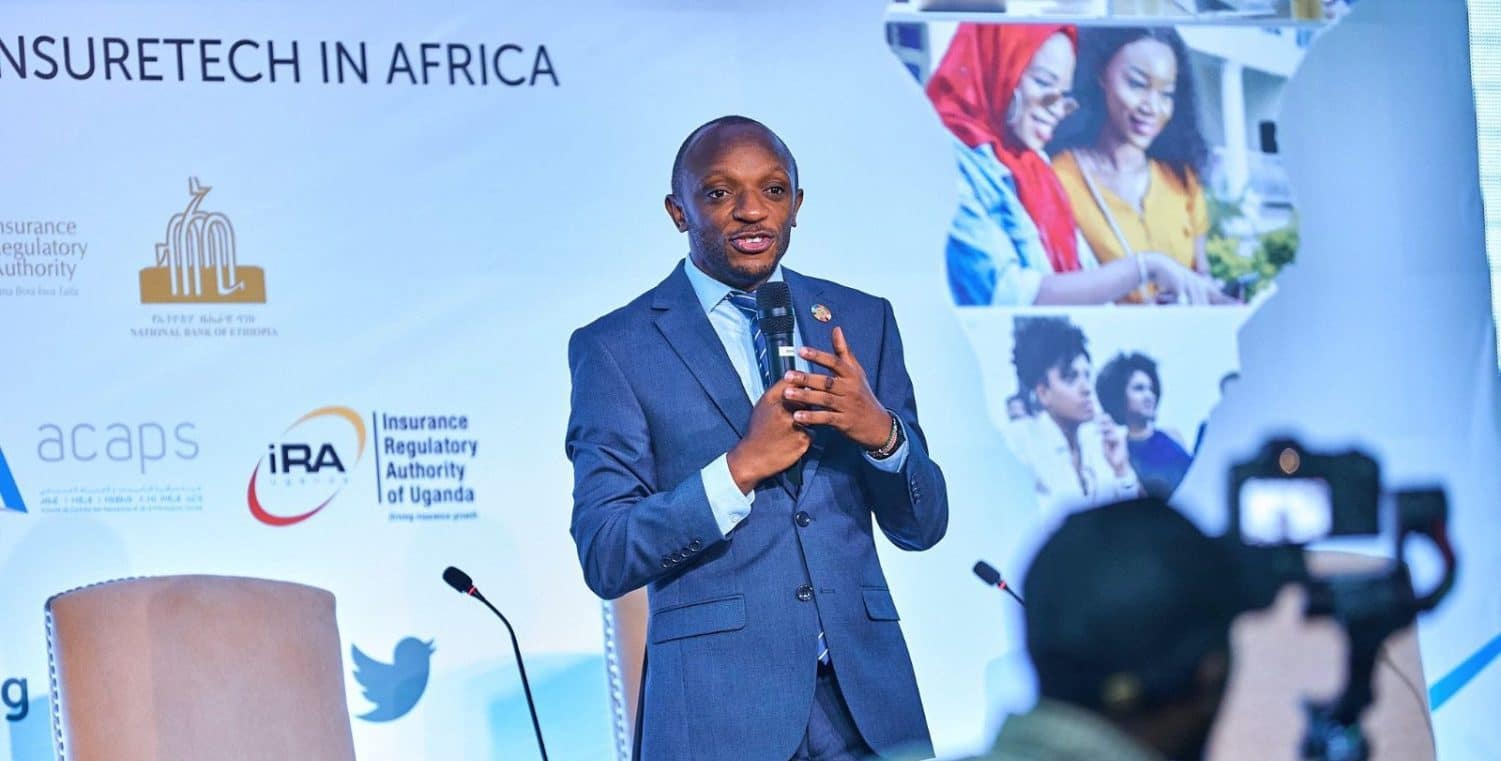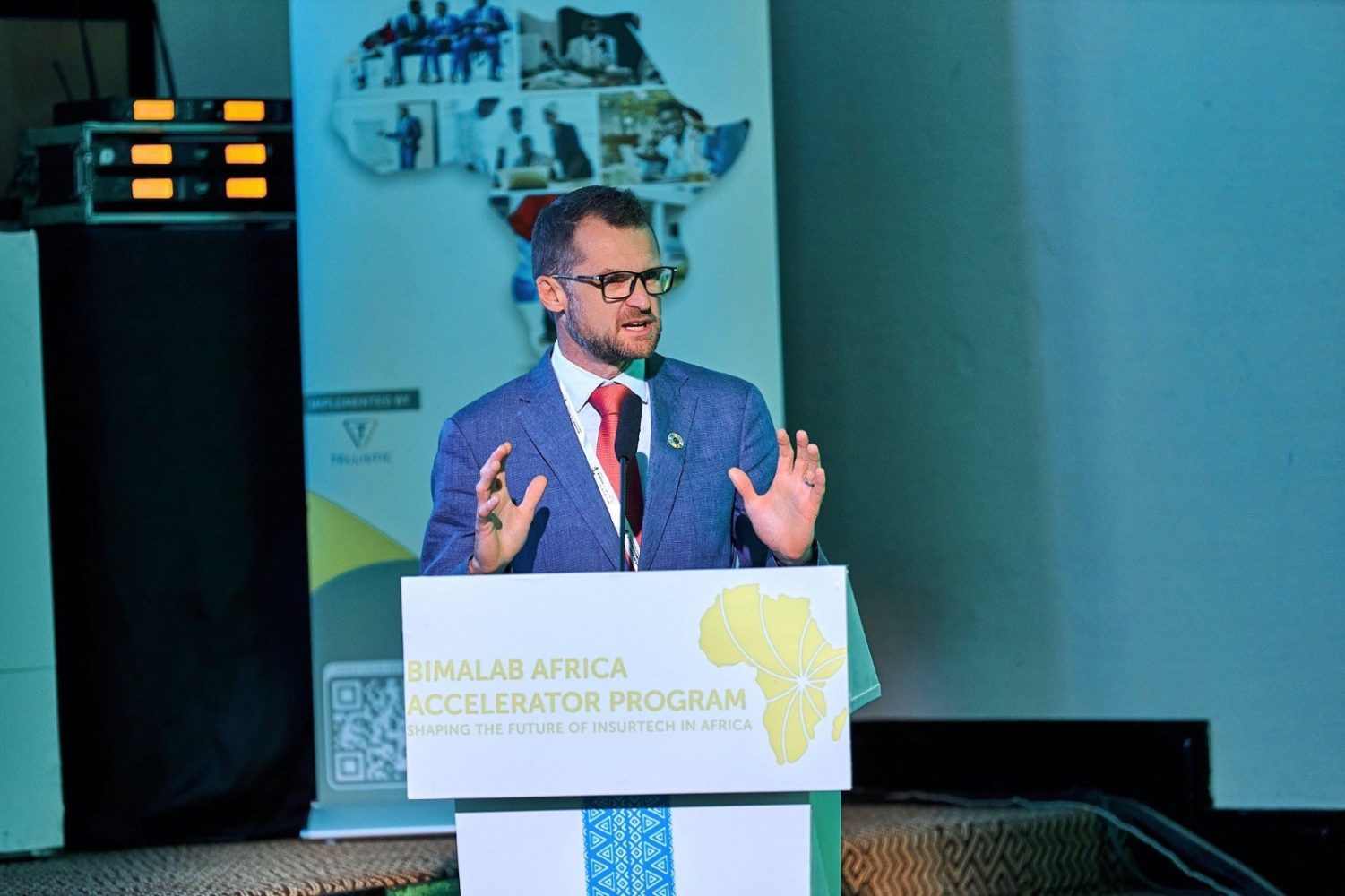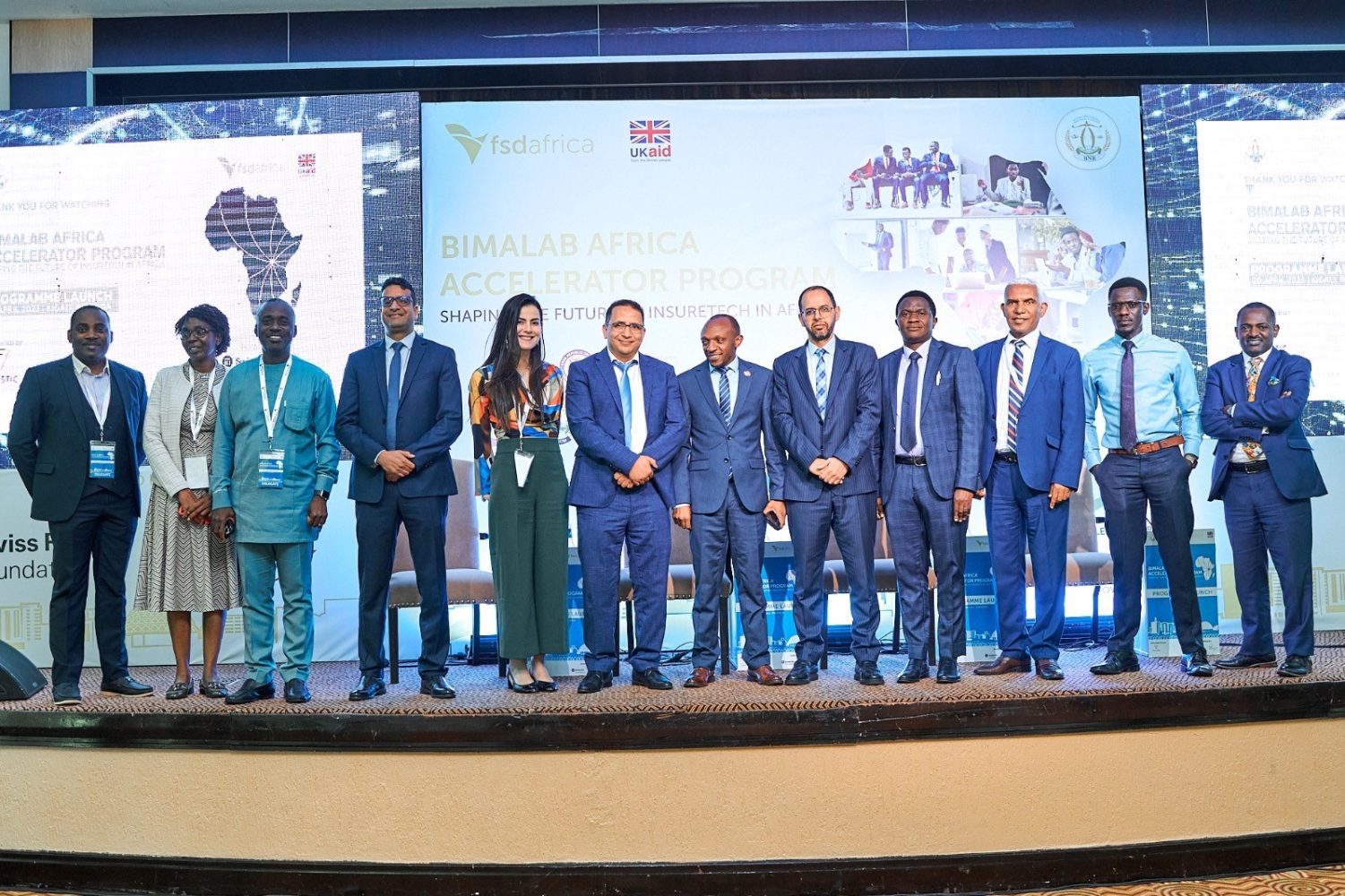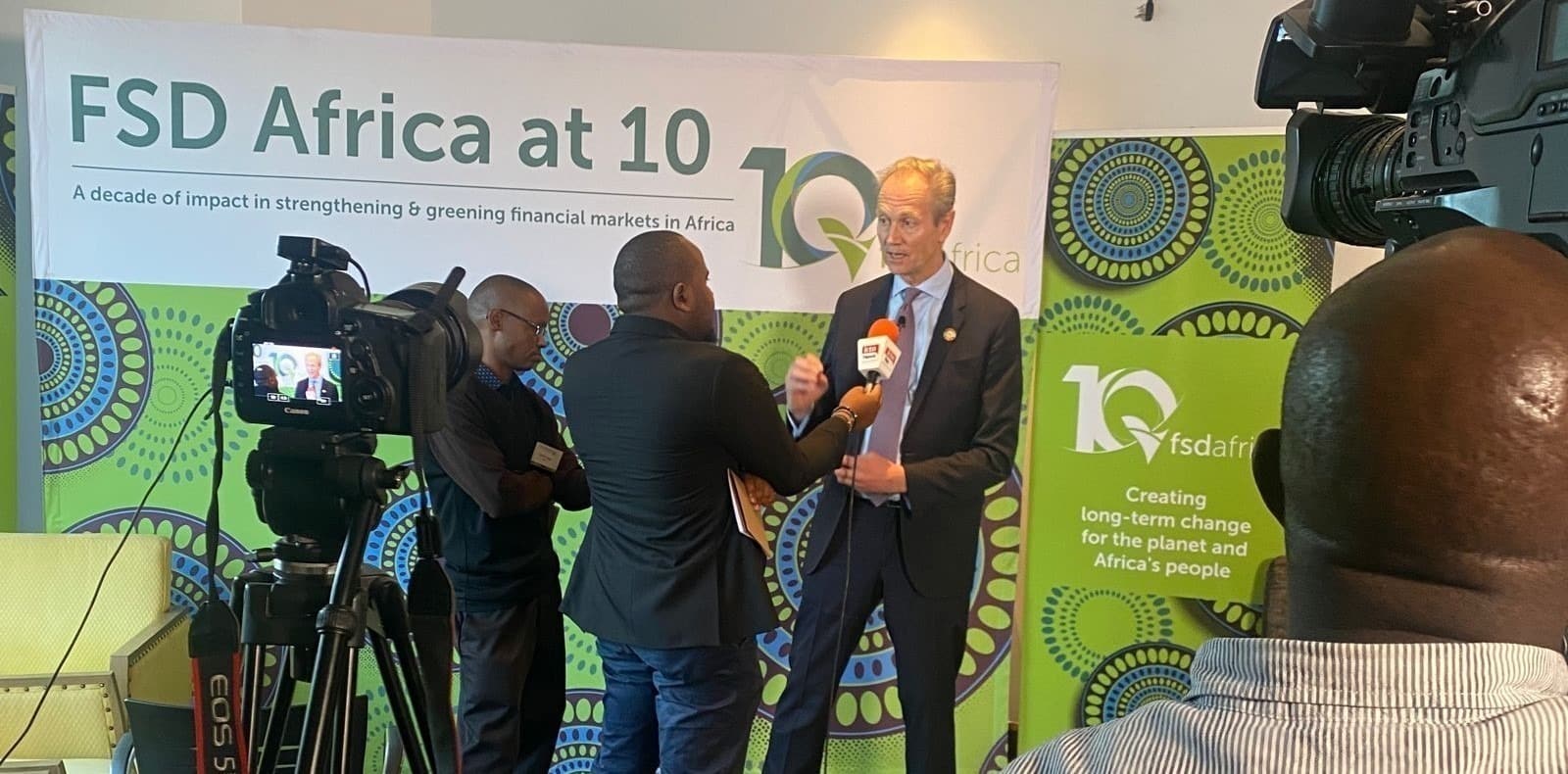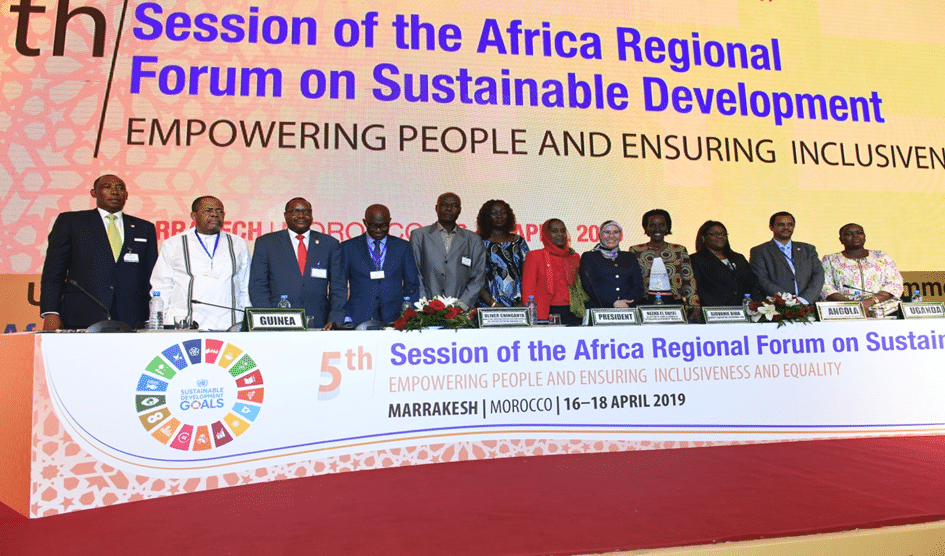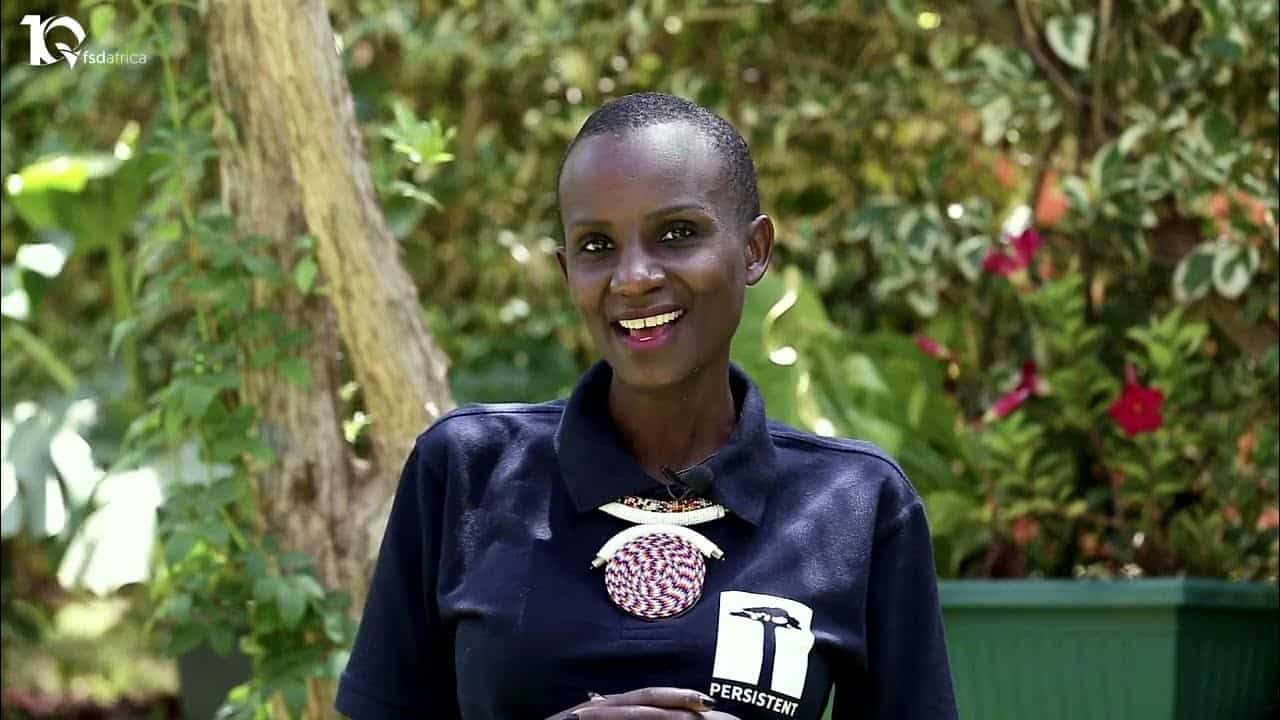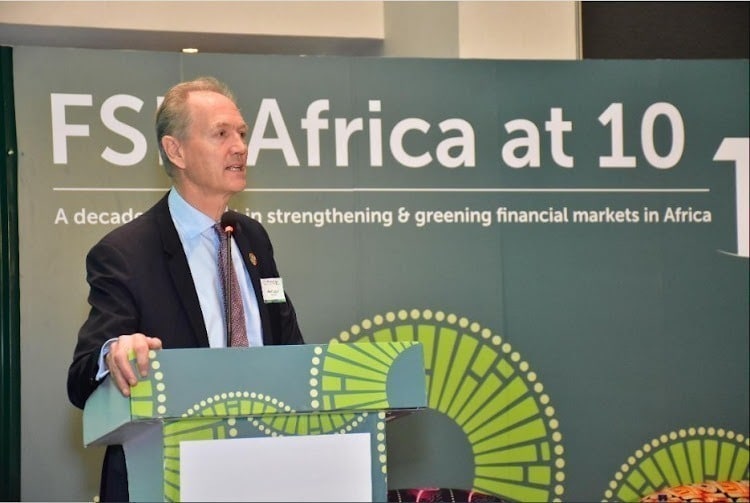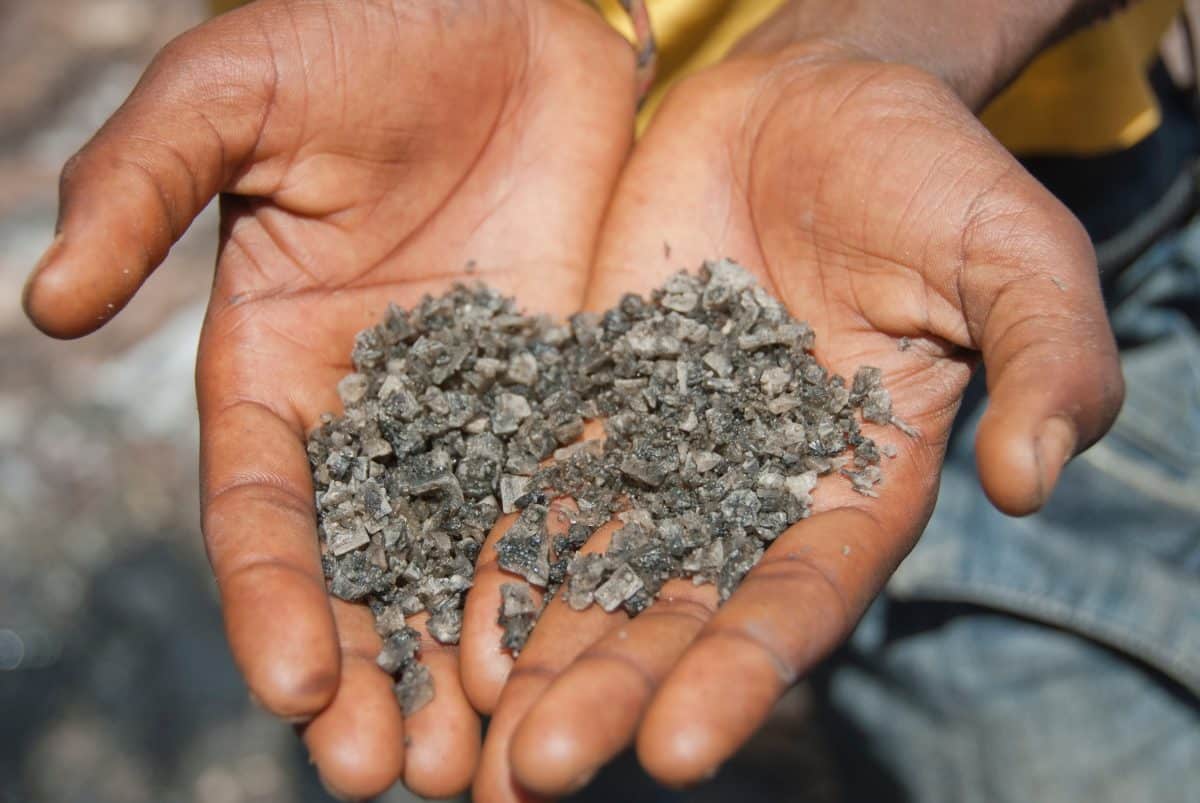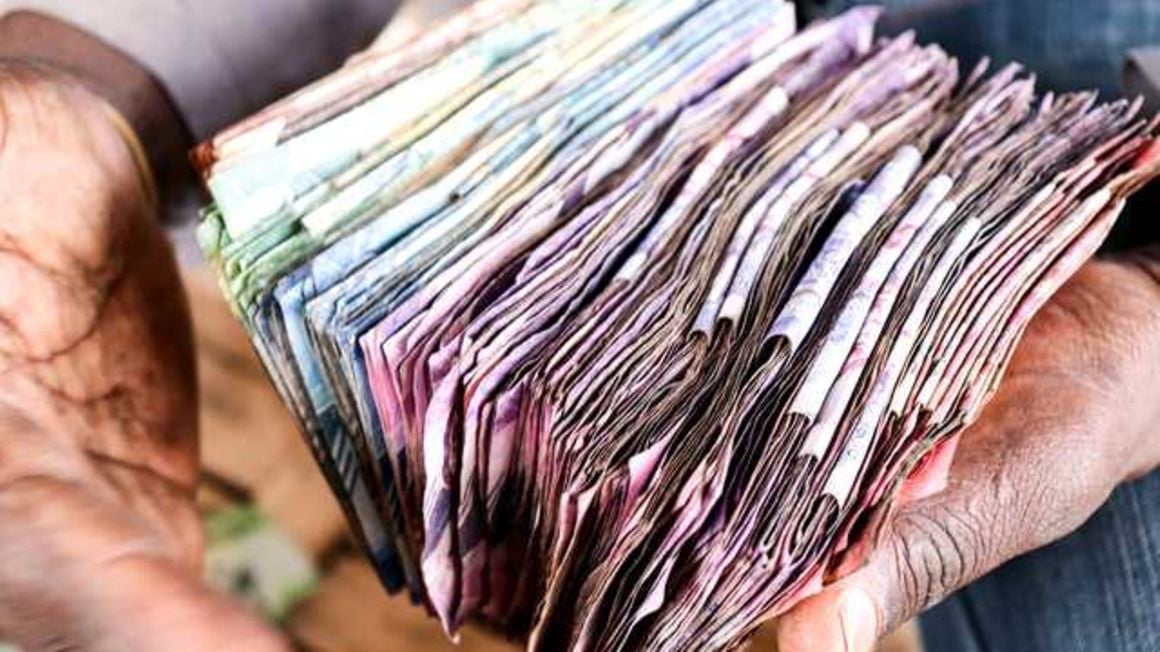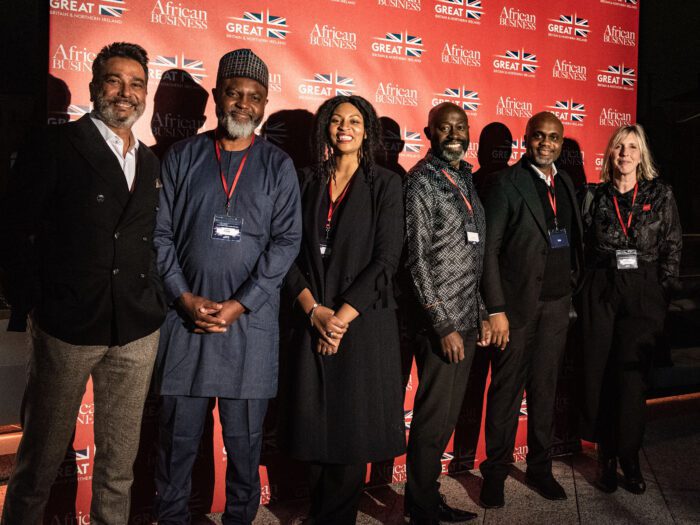Africa is endowed with abundant and diverse natural resources and natural capital wealth. Close to 8% of the Earth’s natural gas reserves, a third of global mineral reserves, and a 10th of the global oil reserves reside in Africa. Also, over two-thirds of the world’s arable land and a third of the world’s CO2-storing tropical rainforests are domiciled in Africa. Africa’s mineral wealth makes it potentially one of the richest continents, yet Africa is home to the poorest countries in the world.
Despite having historically low emissions levels compared with other regions, Africa’s CO2 emissions are fast growing due to increased emissions from its tropical lands. This recent growth is driven by increased natural resource extraction and consumption linked to increasing material use on the continent and abroad in recent decades.
As indicated in Sustainable Development Goals 8.4.11 & 12.2.12, it is important for Africa to focus on sustainable exploitation management and consumption of natural resources. But while the literature is replete with studies on the material footprints of nations and the world at large, there is a lack of studies focused on tracing the trends and understanding the determinants of Africa’s raw material extraction and footprint.
Africa’s extraction and export of raw materials is rising
The findings of a new study that calculates sub-Saharan Africa’s raw material footprint over the past two decades, shows that production and consumption levels nearly doubled between 1995 and 2015. Africa is a net exporter of raw material footprints across all material categories – biomass, construction materials, fossil fuels, and ores. Raw material equivalents of exports referred to as raw material footprints embodied in Africa’s exports of goods and services to the rest of world increased by 53%, from 1.95 gigatonnes in 1995 to 2.98 gigtonnes in 2015.
The raw material footprint in African exports increased for almost all African countries. Countries such as South Africa, Egypt, Nigeria, Algeria, Angola, and Ethiopia saw the highest growth in raw material equivalents of exports over the period. Meanwhile, the biomass footprint in African exports increased by 43% over the same period, reflecting Africa’s increasing agricultural commodities exports, such as cocoa, palm oil, coffee, tea, and cotton, among other cash crops, and horticultural products, particularly to Europe and Asia.
The fossil fuel footprint in African exports was highest in South Africa, Algeria, and Nigeria, while Western Africa (Mauritania, Guinea, and Ghana) and Central Africa (Democratic Republic of Congo) made up more than a third of the ore footprint.
These soaring levels of raw material equivalent of exports reveal the strong connection between raw material extraction and growth strategies of African countries. Is this rewarding and sustainable?
The cutting down of major carbon sinks and digging up of mineral resources for export and the associated detrimental impact on the environment and climate change has not resulted in resilient growth, economic transformation and prosperity on the continent.
There has been a lack of structural transformation whilst informal employment has increased over the years. A study due to be published in 2023 shows that informal workers in Africa are mostly at the lower tier segment of the labour market, a dead-end with little chance of moving up the job ladder.
There are bigger questions as to how African countries can create opportunities to allow these low-tier informal workers to move up the job ladder. Can African countries create better jobs opportunities using their natural resources?
The distressing correlation between debt and raw material footprints
The findings of this study reveal a strong and positive correlation between national debt and raw material footprints embodied in African exports.
This is distressing. Given the sky-rocketing debt levels of many African countries, exploitation of natural resources is one of the key avenues available to combat their debt crisis, although it comes with a heavy environmental cost.
With the current growth and development paradigm, raw material equivalents for exports are set to increase substantially in a bid to service their debts using mineral and oil revenues, but this has disastrous consequences for the environment.
As much of the world focuses on the next steps in addressing the climate crisis, the funding squeeze and rising debt levels means that climate action will take a back seat in African countries. Increasing debt and intensification of extraction of raw material for export will leave Africans in extreme poverty.
This finding shows the urgent need to bring the debt issues upfront when discussing climate change, and the call on lenders to see their role in Africa’s growing environmental burden.
Policy options
The current Intergovernmental Panel on Climate Change (IPCC) report indicates the need to urgently hold global warming to relatively safe levels but in doing this would require global cooperation such as working with African government in this area.
In the short term, it is important for lenders both multilateral and bilateral, and international community to accelerate debt restructuring and with all seriousness and urgency provide the needed support to put countries back on a more sustainable fiscal path. The distressing debt levels mean there is very little fiscal space to invest in health, education and on climate to support the population.
The ongoing debt restructuring negotiations must take into account these intersections with the environment and climate change as well as the mutual benefits. With support from the international community, it is important to put together a more agile and effective sovereign debt resolution framework that can provide African countries with the needed financing assurances and debt relief in a timely manner.
In the long term, African countries must rethink their growth and development paradigms and focus on creating wealth via adding value to these vast raw materials. With all the natural resources and the discovery of new rare earth elements (cobalt, lithium, nickel, tantalum, tungsten etc.) essential for facilitating the green energy transition, African governments must focus on how they can be more involved in the value chain across all material category, especially in the manufacturing sector.
Given the large reserves of many critical minerals on the continent, particularly in South and East Africa, Africa should work towards positioning itself as the global supplier of critical minerals and a hub (mining and production) for rare earth element acquisition in the world.
This would involve pulling together a new approach and policies that would ensure mutually beneficial mining investment on the continent aimed at wealth creation, particularly investing in the networks and value chains and harnessing the African Continental Free Trade Area (AfCFTA) to boost productivity and investments.
Also, as has been done by the Dangote group in the building of the oil refinery in Nigeria, African governments should create the enabling environment and necessary support such as providing public incentives for private projects to attract private finance to develop the networks and value chains in the sector.
Read original article
